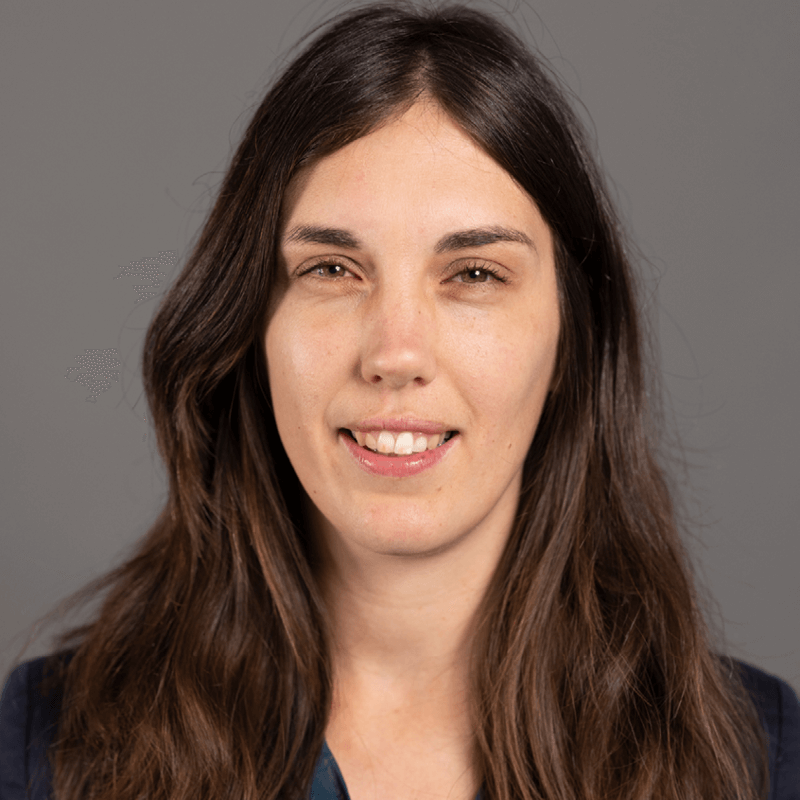EdTech Austria at salz21 kompakt: The future of learning
On Wednesday, 16 June, the “salz21 kompakt – New Business Day” took place at the Messezentrum Salzburg. salz21 kompakt is the little sister of the salz21 Innovation Festival, which was postponed to March 2022 due to Corona regulations. However, the event’s appeal was not diminished by the reduction in size. Under the themes of Startups – EdTech – New Tourism, innovative people from Salzburg and Austria gathered to bring Salzburg’s economy into the 21st century and beyond.
In this context, EdTech Austria also found many like-minded people. In a separate EdTech panel, EdTech Austria project manager Hannes Aichmayr invited Annemarie Schaur from WIFI Salzburg, Raimund Lainer from SPAR Austria and Thomas Layer-Wagner from Polycular on stage to discuss knowledge management and professional development in the 21st century. “Digital education is something that is on everyone’s mind,” says Hannes Aichmayr. “There is a change taking place. Lifelong learning is becoming more and more important. We have to find new formats for this.”
The Corona crisis has given digital learning a big boost, all the panelists agree on that. But learning platforms and the like were already very relevant in continuing vocational education and training.
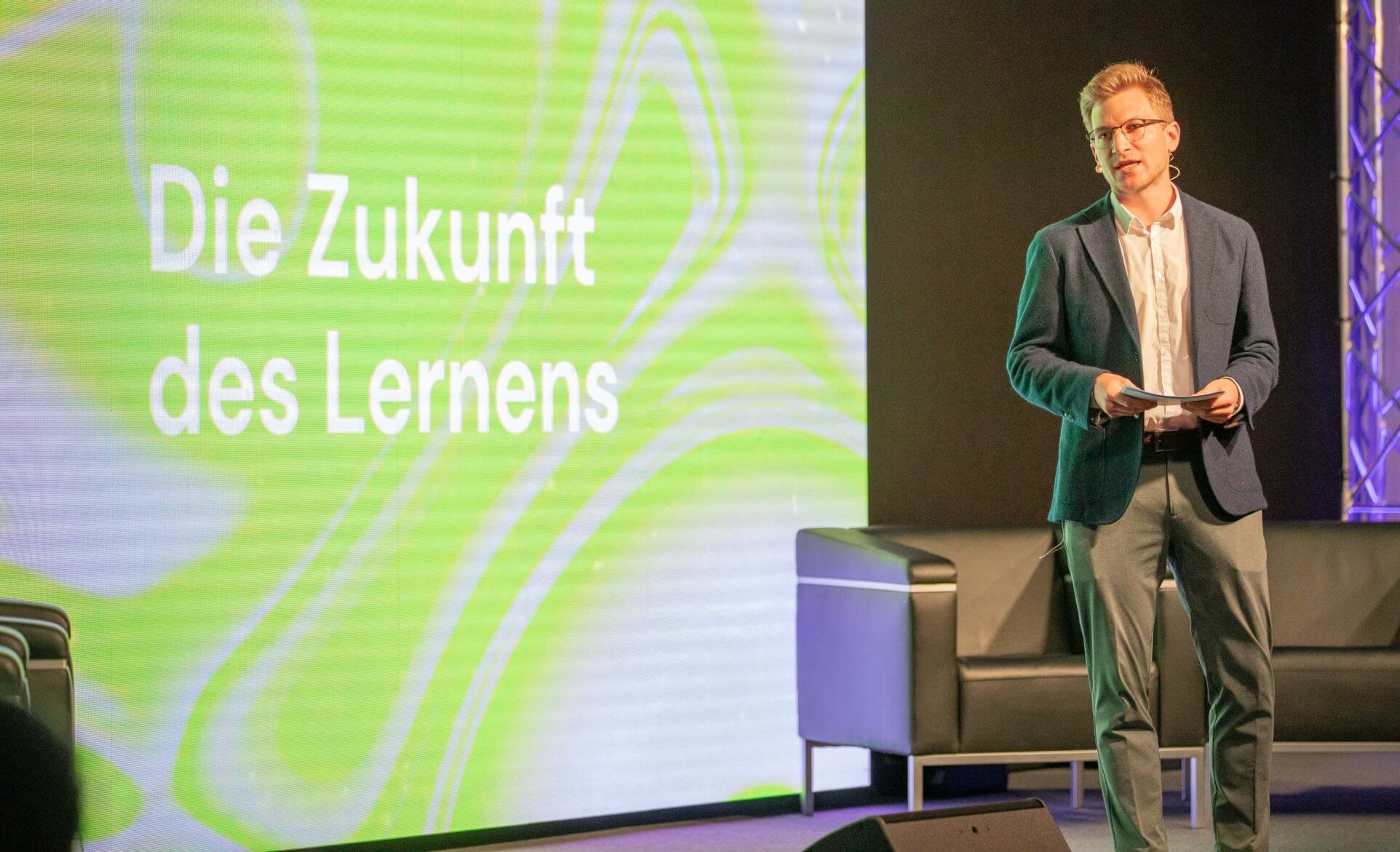
EdTech must bring benefits
At SPAR, the benefit for the learners is always in the foreground. Austria’s largest employer relied on electronic means for further education at an early stage – for example with CD-ROMs, which were replaced by a digital learning platform. “EdTech is a necessity for SPAR that we can no longer imagine doing without,” says Raimund Lainer. SPAR relies on a combination of e-learning and face-to-face courses, because personal contacts are still important in the retail group.
Annemarie Schaur also emphasises that e-learning must focus on the learner. Salzburg’s largest continuing education institute, WIFI Salzburg, uses educational technologies to make things easier organisationally, but also for the WIFI courses themselves. “We are in love with success. E-learning courses need some prerequisites for this: For example, clear rules and framework conditions for trainers and participants,” explains Annemarie Schaur. In this way, the WIFI courses work well with for example Zoom and their own learning platforms. This was shown by the results of the examinees, which were just as good as in face-to-face courses.
One aspect that both Annemarie Schaur and Raimund Lainer emphasise is that remote learning also makes further education more accessible to educationally disadvantaged groups. “E-learning makes it possible to learn without shame, because the learners can simply try it out,” explains Raimund Lainer.
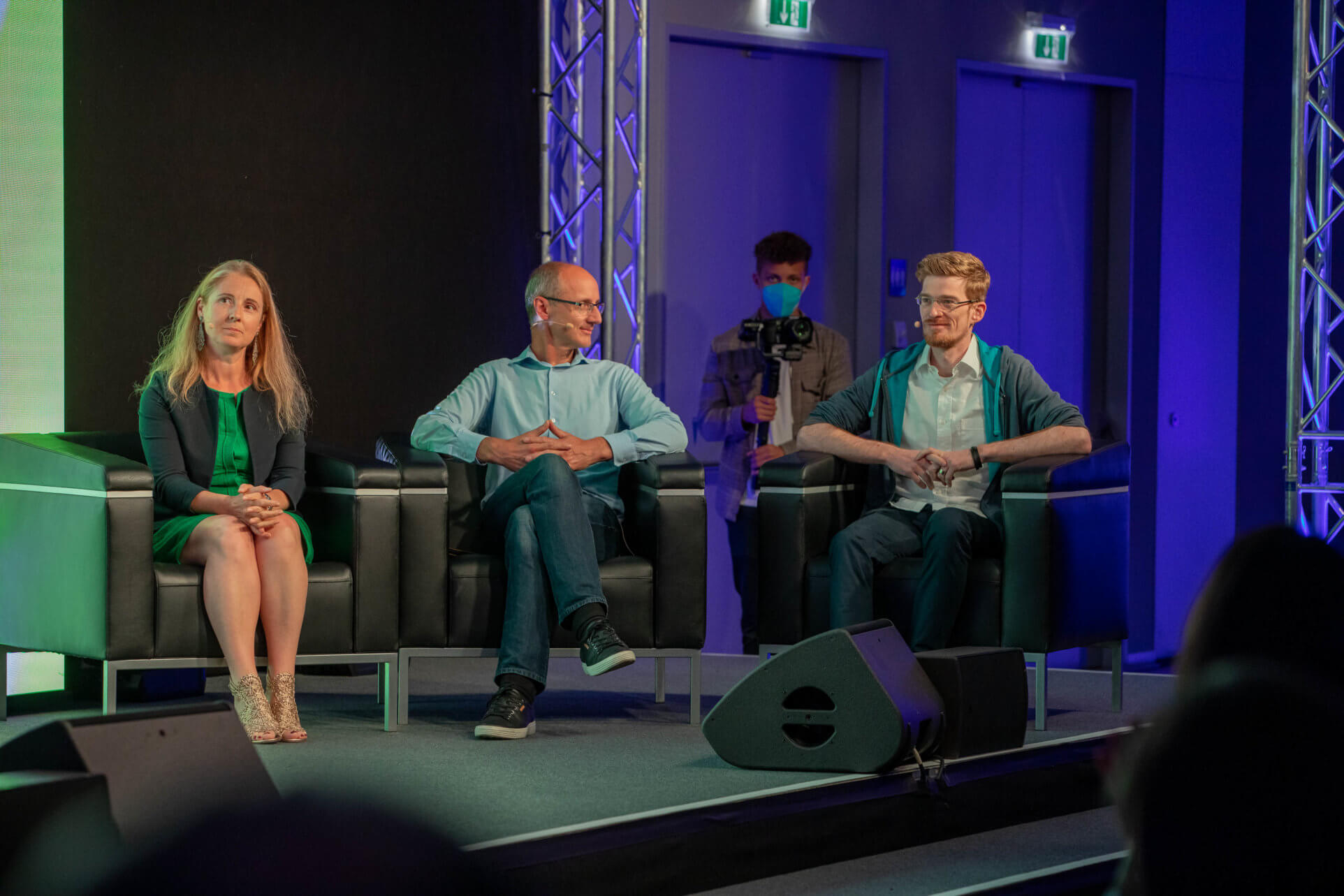
Learning through experience and experimentation
The edtech aplications of the startup Polycular are also about trying things out and experimenting. The Salzburg-based company develops e-learning solutions with virtual or augmented reality applications. For example, a new workshop format was developed for the client Salzburg AG, where topics such as water and mobility were presented in an Escape Room app. “It’s all about solving puzzles, experimenting, experiencing and trying something out. This is immersive learning – learning through experience,” explains the founder Thomas Layer-Wagner. There are numerous use cases for this. For example, the Polycular team is researching VR applications where social interaction is involved. “With digital avatars, you can play through situations that are difficult or unpleasant, for example challenging sales talks.”
Gamification, the playful approach to learning, will become even more important in the future. “EdTech will bring new formats and new ways of learning in the next ten years. We will use technology even better and smarter and it will engage all the senses,” Raimund Lainer is convinced. Hybrid formats will become the norm, because – and everyone agrees on this – personal contact will always remain important.
More articles
The following articles might also interest you.
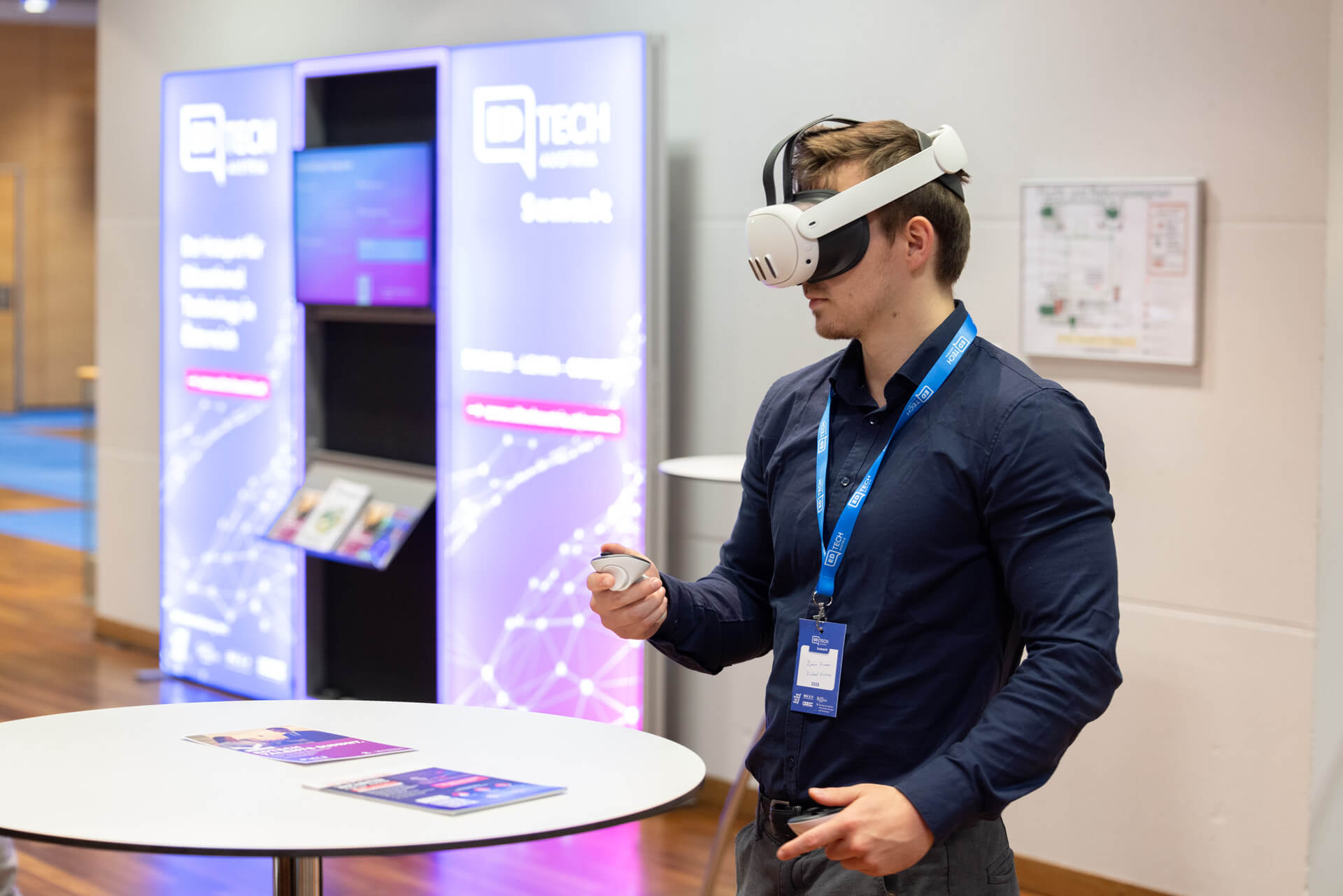
GenAIedTech: From Human to Machine
18. December 2025

Digital Roadshow: Learning Apps Marketplace
18. December 2025
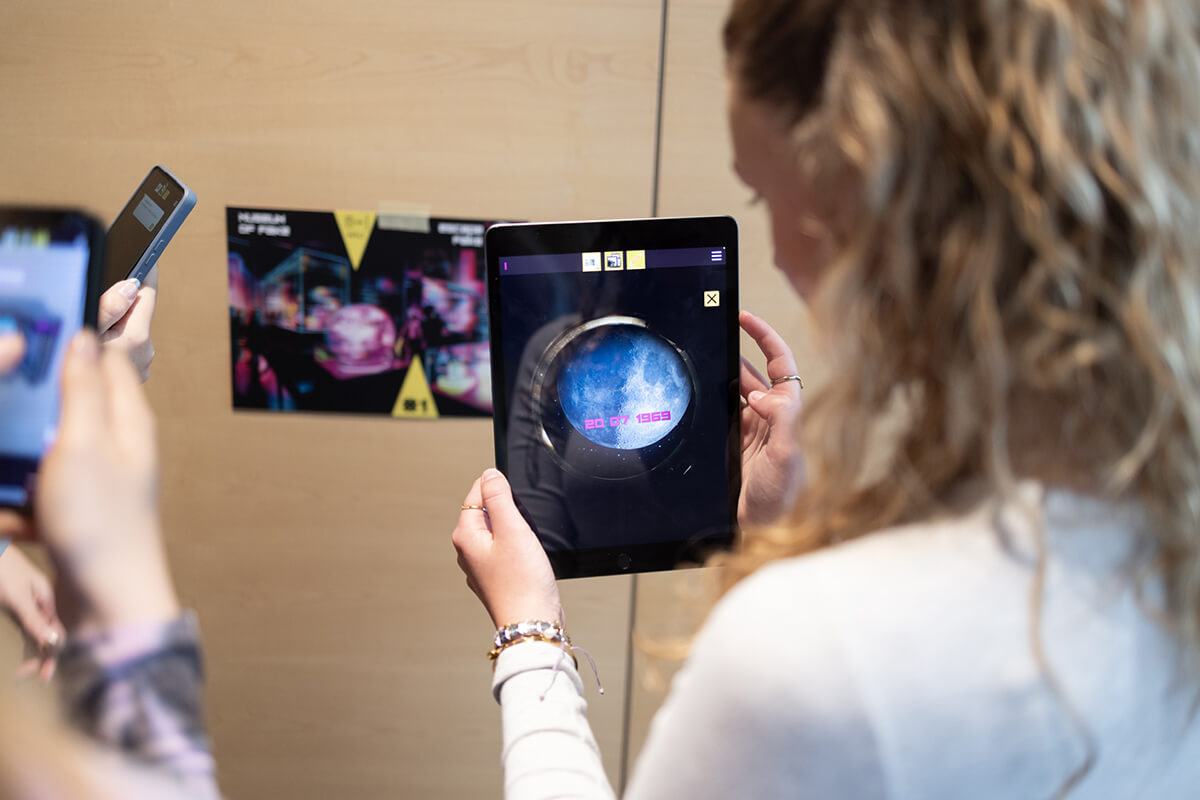
AR, VR and XR: Shaping Learning through Virtual Worlds
30. June 2025
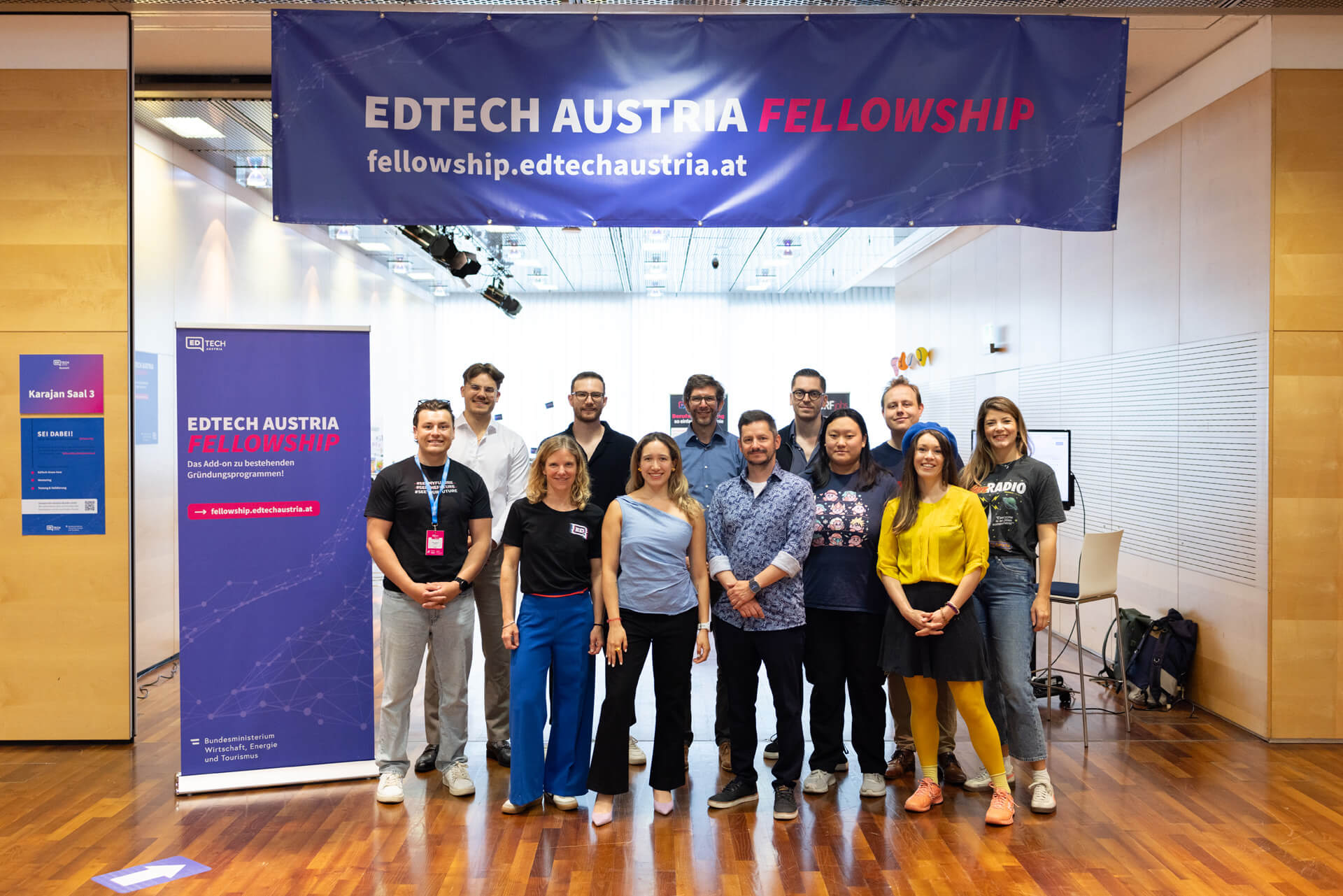
EdTech for all, all for EdTech – shaping the world of education together
18. June 2025
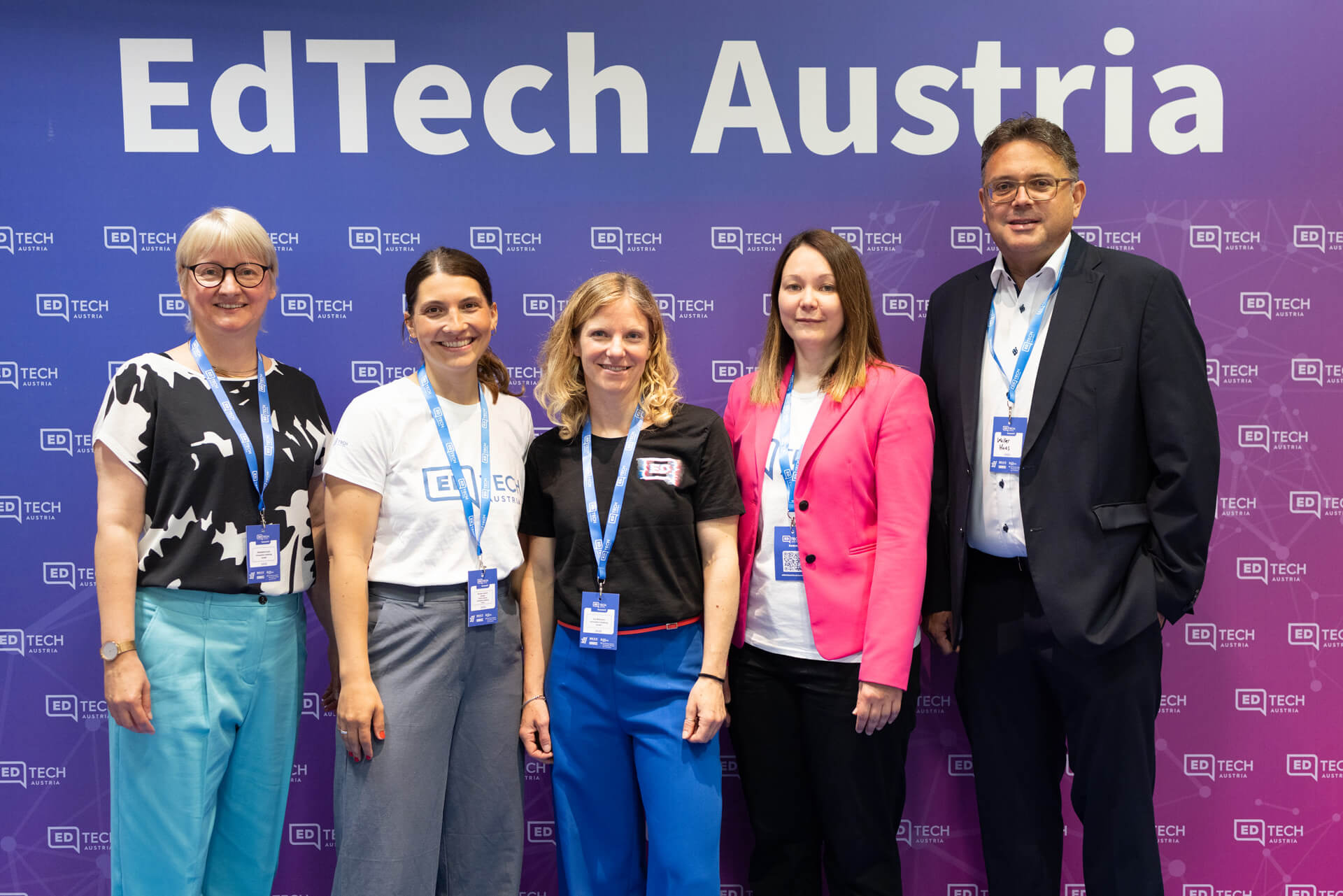
Real-World Practice Meets Innovation: The Fourth EdTech Austria Summit
3. June 2025
